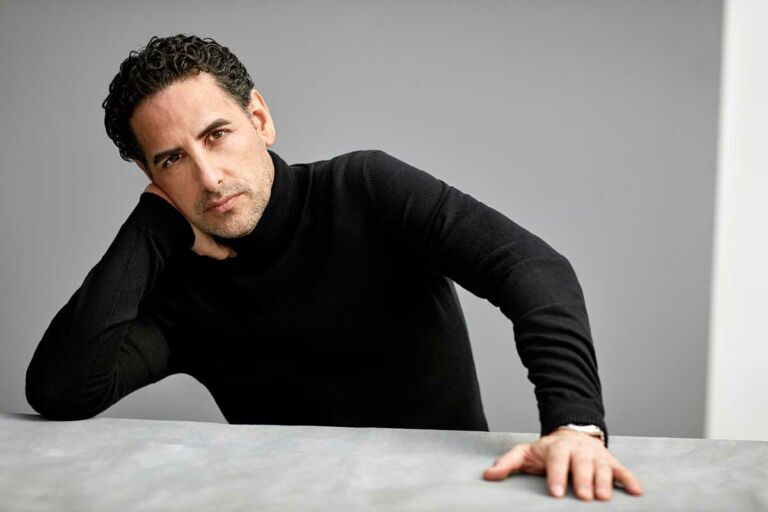If filmmaker Leni Riefenstahl joined that exodus of German talent to Hollywood in the years of Hitler’s rise to power, there’s a chance she would be spoken today of alongside the likes of William Wilder, Fritz Lang or Douglas Sirk.
But Riefenstahl stayed, of course, and contributed her considerable talent to the glorification of the Nazi regime, mainly in two now famous, visually remarkable but morally reprehensible films: 1935’s Triumph of the Will, and 1938’s Olympiad.
After the defeat of the Nazis, Riefenstahl, to her dying day in 2003, remained unrepentant. She was, she argued on chat shows and in print (and in a famous 1993 documentary The Wonderful, Horrible Life of Leni Riefenstahl), an artist above all else and that she had known nothing of the death camps and forced labour – despite being in regular contact with Hitler and a close associate of Reich minister Albert Speer.
Granted unfettered access to Riefenstahl’s personal archive, director Andres Veiel, probes deeply into the filmmaker’s life and work, beginning with her rise to acting stardom in the mythically inspired German ‘mountain films’ of the 1920s to...
Continue reading
Get unlimited digital access from $4 per month
Already a subscriber?
Log in










Comments
Log in to start the conversation.